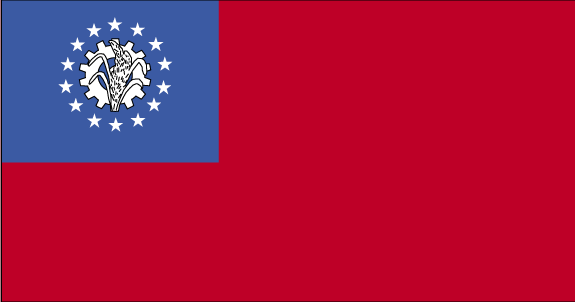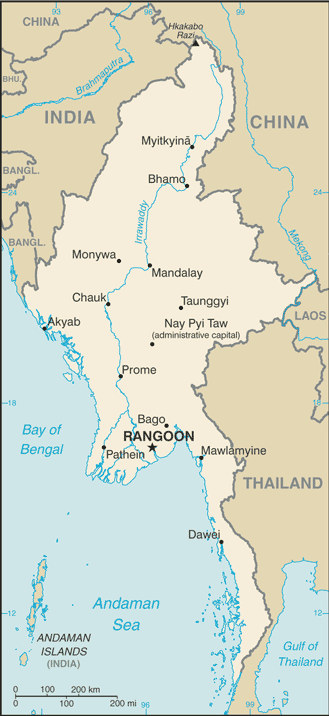Investing in Burma


Burma, a resource-rich country, suffers from pervasive government controls, inefficient economic policies, corruption, and rural poverty. Despite Burma's emergence as a natural gas exporter, socio-economic conditions have deteriorated under the regime's mismanagement, leaving most of the public in poverty, while military leaders and their business cronies exploit the country's ample natural resources. The transfer of state assets, especially real estate, to cronies and military families in 2010 under the guise of a privatization policy further widened the gap between the economic elite and the public. The economy suffers from serious macroeconomic imbalances - including unpredictable inflation, fiscal deficits, multiple official exchange rates that overvalue the Burmese kyat, a distorted interest rate regime, unreliable statistics, and an inability to reconcile national accounts. Burma's poor investment climate hampers the inflow of foreign investment; in recent years, foreign investors have shied away from nearly every sector except for natural gas, power generation, timber, and mining. The exploitation of natural resources does not benefit the population at large. The business climate is widely perceived as opaque, corrupt, and highly inefficient. Over 60% of the FY 2009-10 budget was allocated to state owned enterprises - most operating at a deficit. The most productive sectors will continue to be in extractive industries - especially oil and gas, mining, and timber - with the latter two causing significant environmental degradation. Other areas, such as manufacturing, tourism and services, struggle in the face of inadequate infrastructure, unpredictable trade policies, neglected health and education systems, and endemic corruption. A major banking crisis in 2003 caused 20 private banks to close; private banks still operate under tight restrictions, limiting the private sector's access to credit. The United States, the European Union, and Canada have imposed financial and economic sanctions on Burma. US sanctions, prohibiting most financial transactions with Burmese entities, impose travel bans on senior Burmese military and civilian leaders and others connected to the ruling regime, and ban imports of Burmese products. These sanctions affected the country's fledgling garment industry, isolated the struggling banking sector, and raised the costs of doing business with Burmese companies, particularly firms tied to Burmese regime leaders. The global crisis of 2008-09 caused exports and domestic consumer demand to drop. Remittances from overseas Burmese workers - who had provided significant financial support for their families - slowed or dried up as jobs were lost and migrant workers returned home. Although the Burmese government has good economic relations with its neighbors, significant improvements in economic governance, the business climate, and the political situation are needed to promote serious foreign investment.
CB Bank - http://www.cbbank.com.mm/
Earth Group of Companies - http://www.earth.com.mm/
Ministry of Commerce - http://www.commerce.gov.mm/
Ministry of Energy - http://www.energy.gov.mm/
Myanmar Computer Company - http://www.mcc.com.mm/
Countries that border Burma: Bangladesh | India | China | Laos | Thailand
Learn more:
Back to Country Investing



